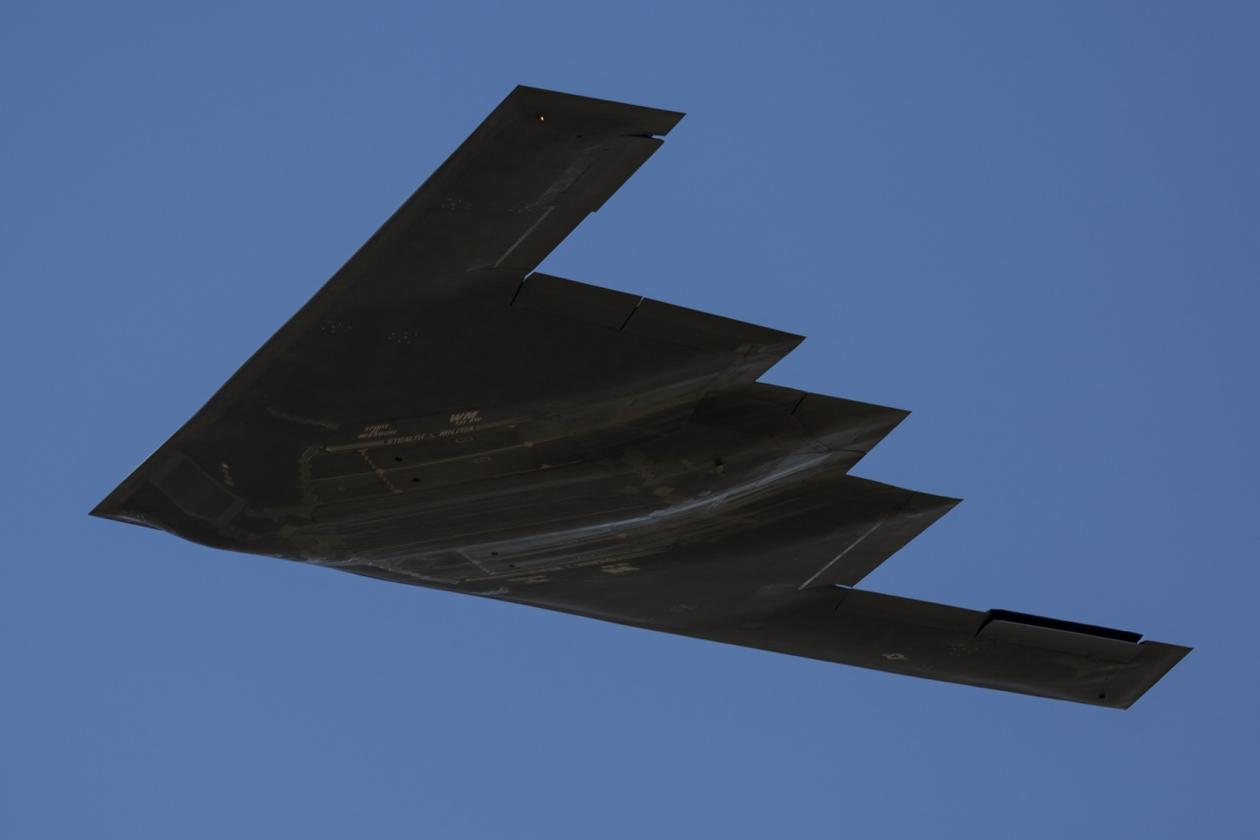Tensions ratcheted higher on the Korean Peninsula as South Korea threatened to retaliate if the North staged any attack on its territory.
South Korea, with its new President in power, could not afford to look weak in the face of aggression from the North and has changed its rules of engagement to allow local units to respond immediately to attacks, rather than waiting for permission from Seoul.
“If there is any provocation against South Korea and its people, there should be a strong response in initial combat without any political considerations,” promised South Korea’s new President Park Geun-hye.
The warning came in response to ramped up rhetoric from North Korea that the nation was entering “a state of war” and would fire against any aggressor including the United States’ radar-evading fighter planes in the area.
Recent sanctions against North Korea by the United Nations (UN) for its February nuclear test, and a series of US and South Korea joint military drills involving B-2 stealth bombers, have sparked off unusually threatening comments from North Korea.
North Korean Leader Kim Jong-un in a statement said North Korea’s nuclear weapons are a “treasure”, not to be traded for “billions of dollars.” They “are neither a political bargaining chip nor a thing for economic dealings to be presented to the place of dialogue or be put on the table of negotiations aimed at forcing (Pyongyang) to disarm itself.”
“North Korea’s nuclear armed forces represent the nation’s life, which can never be abandoned as long as the imperialists and nuclear threats exist on earth,” the statement said.
So far, military analysts shrug off North Korea’s war talk as idle posturing. They see no evidence of the nation ramping up for war. They point out that while Kim is banging the war drums, his nation is printing thousands of tourism brochures advising potential visitors to ignore talk of anything nuclear.
Another sign that the North may only be posturing is that the Kaesong industrial area – which is operated by both sides and located a few kilometres from the militarized zone – is still in open. The zone, home to over 100 factories, is a vital source of foreign currency for the North. The North has previously suspended operations at the factory zone when political tensions mounted.
In another sign that Kim Jong-un means it when he says the nation is concentrating on building up its economic development, the North appointed a new Prime Minister on Monday. Interestingly, Pak Pong Ju was previously sacked as Prime Minister in 2007 after proposing a US-style wage system. Pak’s ascension signals that he will play a key role in economic policy-making.
Pak’s appointment and Kim Jong-un’s comments about the importance of nuclear weapons imply the nation may be aiming to get concessions from the West over its nuclear programme to breathe life into its sagging economy. The UN reports that two-thirds of the nation’s 24 million people do not have enough food.

